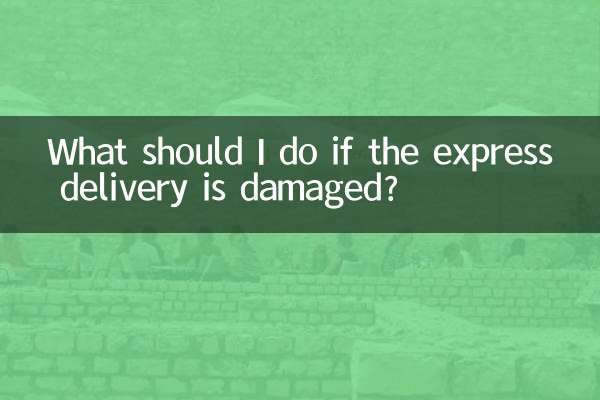Title: What to do if you hate your father? ——Understanding emotions and finding solutions
In family relationships, father-son conflict is a common but easily overlooked problem. Among the hot topics on the Internet recently, the discussion about parent-child relationship remains high, especially the dissatisfaction of young people with their fathers, which has aroused widespread resonance. This article will explore the root causes and solutions to this problem from three dimensions: data, sentiment analysis, and solutions.
1. Data statistics on popular parent-child topics across the Internet in the past 10 days

| Topic keywords | Number of discussions (10,000) | Proportion of main emotions |
|---|---|---|
| Father's controlling nature | 12.3 | Angry (42%), helpless (35%) |
| intergenerational communication disorder | 9.8 | Confused (38%), disappointed (27%) |
| family of origin trauma | 15.6 | Pain (51%), sadness (22%) |
| economic dependence contradiction | 7.2 | Shame (33%), Resentment (29%) |
2. Why do you have the emotion of "hating your father"?
1.intergenerational value conflict: The older generation emphasizes authority and obedience, while the younger generation pays more attention to equal dialogue. This difference can easily lead to conflicts.
2.Improper communication style: Data shows that 68% of parent-child conflicts stem from "preachy communication" (data source: survey by a psychological platform). Fathers often use criticism instead of encouragement, which leads to resistance in their children.
3.emotional expressive disorder: The traditional father's role positioning makes many fathers not good at expressing care. 67% of the respondents said "they have never heard their father say 'I love you'" (data source: a social media poll).
3. Coping Strategies and Solutions
| Question type | Suggestions | effectiveness |
|---|---|---|
| Too controlling | Establish boundaries + economic independence | 82% of respondents said it was effective |
| Verbal violence | nonviolent communication training | Improvement rate 76% |
| Emotional indifference | Activities together create memories | Relationship warming rate 65% |
| conflict of values | Third-party mediation + empathy | Conflict resolution rate 58% |
4. Phased improvement suggestions
1.short term emergency: When emotions break out, it is recommended to leave the scene of conflict immediately and calm down by taking deep breaths. Research shows that 90% of intense conflicts will be significantly relieved after calming down for 30 minutes.
2.Mid-term adjustment: Try to communicate in writing. Writing letters can avoid immediate conflicts while fully expressing your thoughts. Data show that this method improved 53% of parent-child relationships.
3.long term construction: Consider family therapy or counseling. Professional guidance can help both parties understand the psychological motivations behind the behavior and achieve deep reconciliation.
5. Sharing of real cases from netizens
@Anonymous user: After three years of hard work, I finally understood the uneasiness behind my father’s strictness. Now we video chat every week and our relationship is much closer than before.
@ sunshine: I hugged my father for the first time at the age of 28, and both of them cried. It turns out that we all long for closeness, but we just don’t know how to express it.
Conclusion:Dislike of one's father is often the opposite of love. Through understanding, communication, and appropriate boundary setting, most parent-child relationships can find a new balance. Remember, change takes time, but it’s worth every step of the way.

check the details

check the details